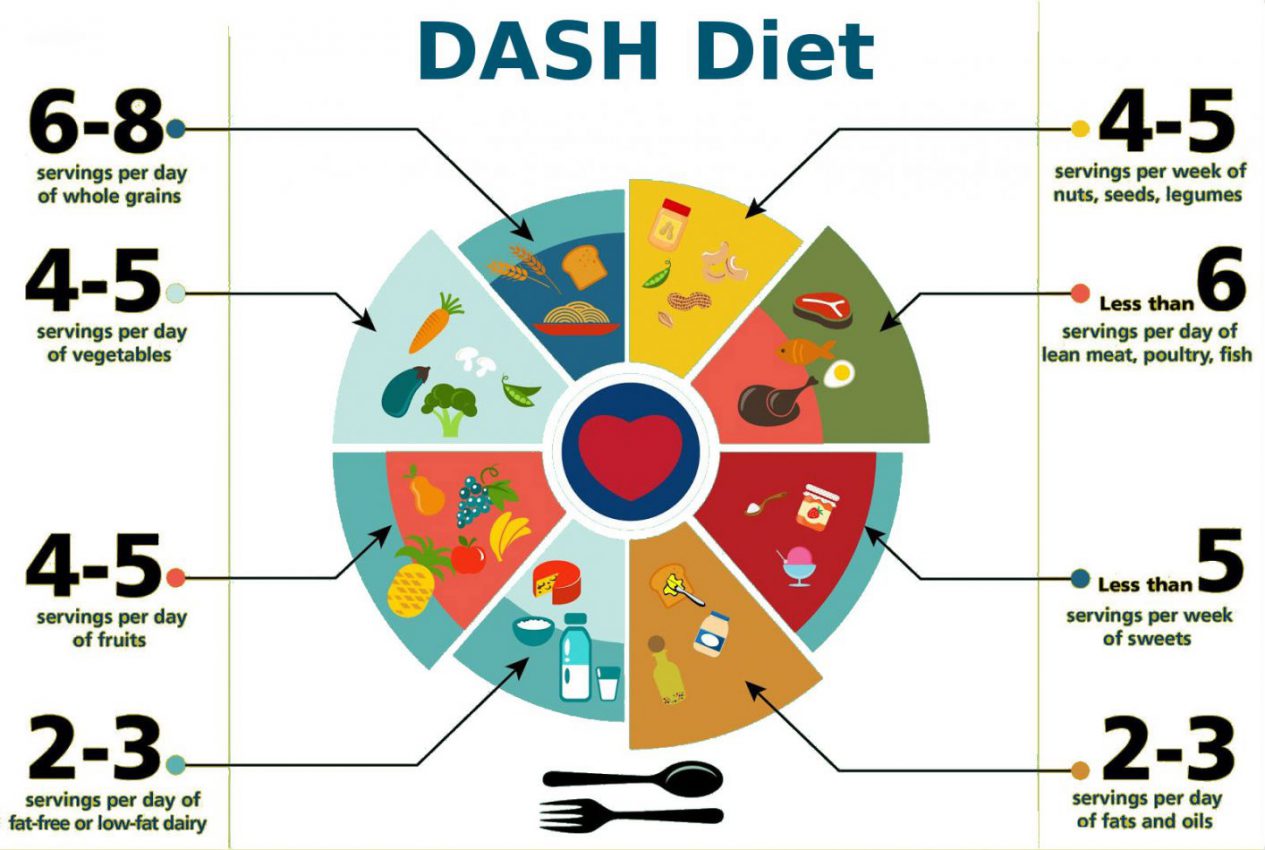In February 2018 researchers from the USA published the results of their study to assess the association between the use of personal care products and breast cancer. The personal care … Read more
Environmental risk factors, for example air pollution, is accountable for 16% of cancer deaths which rises to 36% for lung cancer deaths
In November 2018 researchers from the UK published their review on environmental risk factors and their impact on cancer. They stated that one study had shown environmental factors were accountable … Read more
Air pollution has a negative impact on diseases, such as tracheal, bronchial and lung cancer, congestive obstructive pulmonary disease, ischaemic heart disease and stroke
In December 2018 a researcher from Germany published his assessment on how air pollution impacts the global burden of diseases, such as tracheal, bronchial and lung cancer, congestive obstructive pulmonary … Read more
Whole grains and dairy products appear to decrease the risk of colorectal cancer whilst red and processed meat and alcohol increase the risk
In August 2017 researchers from the UK published their review of the medical scientific literature to assess the association between food, beverage and alcohol intake and risk of colorectal cancer. … Read more
A high intake of whole grains, vegetables, fruit and dairy products reduces the risk of colorectal cancer, whilst red meat and processed meat increase the risk
In May 2017 researchers from Germany, Austria and Belgium published their review of the medical scientific literature to assess the relationship between the consumption of 12 major food groups and … Read more
Hairdressers using hair dyes tend to have an increased level of oxidative stress which is a risk factor for cancer
In May 2018 researchers from Italy published their study to assess the level of oxidative stress in hairdressers and consumers exposed to hair dyes. Saliva samples were collected from hairdressers, … Read more
Omega-3 polyunsaturated fatty acids
Omega-3 polyunsaturated fatty acids also known as omega-3 PUFAs, omega-3 fatty acids and even “n-3s,”
In the 1970s, researchers from Demark discovered that although the Inuits in Greenland ate a … Read more
Researchers call for individuals to apply sunscreen or use nitrile examination gloves when undergoing a gel manicure to prevent photoaging and skin cancer
In March 2018 researchers from the USA published their review highlighting the dangers of gel manicures. They stated that the specially formulated nail polish used during a gel manicure must … Read more
150 minutes walking per week appears to improve balance, lower extremity strength, postural sway and body mass in patients undergoing chemotherapy for advanced gastrointestinal cancer
In October 2018 researchers from Germany published the results of their study to assess the effect of a home-based exercise programme on individuals with advanced stage gastrointestinal cancer. 44 individuals … Read more
Circadian rhythm
Circadian disruption has been classified as probably carcinogenic to humans by the World Health Organization’s International Agency for Research on Cancer. So what is it?
The circadian clock is the … Read more
Physical activity following treatment for breast cancer may improve health-related quality of life, emotional wellbeing, anxiety and cardiorespiratory fitness
In January 2018 researchers from the UK published their review of the scientific literature to assess the effect of physical activity in women with breast cancer who have undergone treatment. … Read more
Individuals who exercise more following the diagnosis of non-metastatic prostate cancer have a lower risk of dying from prostate cancer
In December 2017 researchers from the USA assessed the effect of physical activity on risk of dying from prostate cancer in individuals diagnosed with prostate cancer. 7,328 men who had … Read more
Walking and aerobic exercise appears to improve sleep deficiency in women with breast cancer
In September 2018 researchers from the USA published the results of their review of the scientific literature to assess whether exercise improved sleep in women with breast cancer. Fifteen studies … Read more
Yoga may improve shoulder and arm pain severity in patients with breast cancer
In August 2018 researchers from Turkey published the results of their study to assess the effects of yoga on shoulder and arm pain severity in patients with breast cancer. 42 … Read more
A low concentration of vitamin C in the blood appears to increase the risk of dying early from heart disease and cancer
In August 2018 researchers from China and the USA published the results of their study to assess the effect of an insufficient intake of vitamin C on the risk of … Read more
Polycyclic aromatic hydrocarbons
Polycyclic aromatic hydrocarbons (PAH) are a group of chemicals released from burning coal, oil, rubbish, tobacco and wood. They are also present in products made from fossil fuels, such as … Read more
A higher nut intake appears to be associated with a reduced risk of cardiovascular disease, cancer and a premature death from respiratory disease, diabetes, and infections
In December 2016 researchers from Norway, UK and the USA published the results of their review of the medical scientific literature to assess the relationship between nut consumption and risk … Read more
A fruit and vegetable intake of 800g per day appears to reduce the risk of cardiovascular disease and an intake of 600g per day reduces the risk of cancer
In June 2017 researchers from Norway, UK and the USA published the results of their review of the scientific literature to assess the relationship between fruit and vegetable intake and … Read more
DASH diet* turns 21 in 2018 – scientifically proven to lower blood pressure levels and cholesterol, plus reduces the risk of several types of cancer, heart disease, stroke, heart failure, kidney stones, diabetes type 2, depression and even slow the progression of kidney disease
In April 1997 researchers from the USA published the results of their study to assess the effect of dietary patterns on blood pressure levels. 459 adults with systolic blood pressures … Read more
A higher dietary calcium intake appears to reduce the risk of oesophageal cancer
In May 2017 researchers from China published their review of the scientific literature which assessed the association between calcium and risk of oesophageal cancer. 17 studies were identified which involved … Read more




















